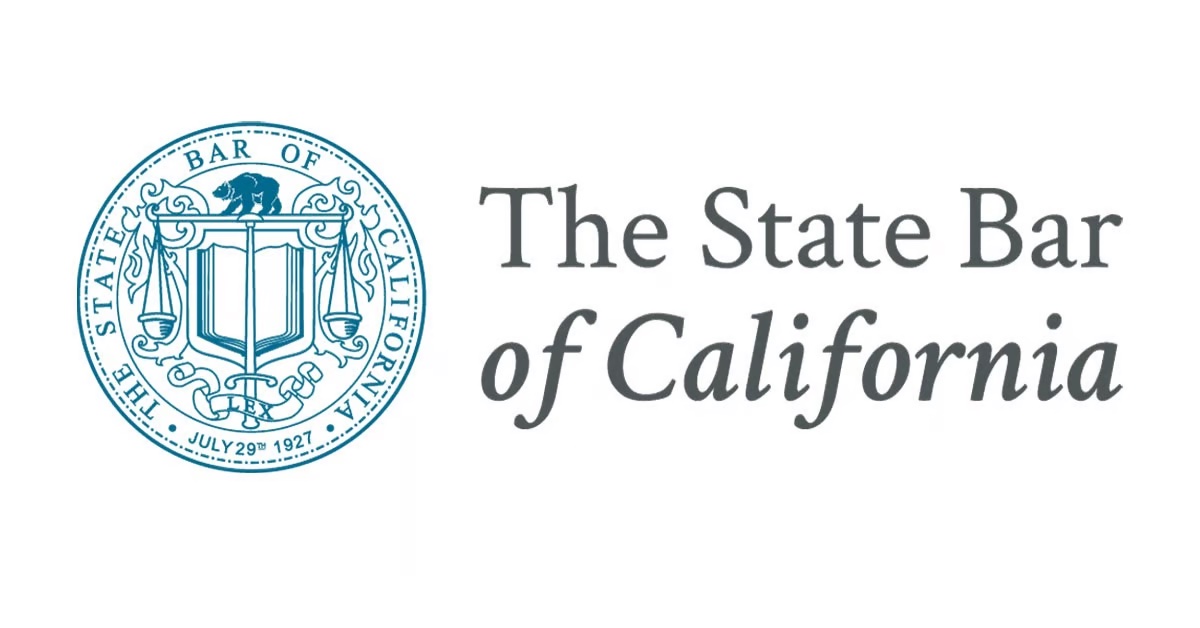and Probate Law Firm
529 Plans and Estate Planning
As an experienced Folsom estate planning attorney, I work with many clients who have minor children. Furthermore, many of these clients have set up 529 plans for their children’s future. 529 plans are tax-advantaged savings accounts designed to help individuals and families save for qualified educational expenses, such as college tuition, fees, and related costs. While the primary purpose of 529 plans is to fund education, they can also play a role in estate planning. Here are some considerations regarding 529 plans and estate planning:
- Account Ownership: The account owner of a 529 plan retains control over the account, and they can make changes to the beneficiary designation. In estate planning, the account owner should carefully consider who will be the owner of the 529 plan. Ownership can be an individual, such as a parent or grandparent, or it can be a trust or an entity. The choice of owner can have implications for the overall estate plan.
- Beneficiary Designations: The account owner designates a beneficiary to receive the funds in the 529 plan. If the original beneficiary does not use all the funds or does not attend college, the owner can change the beneficiary to another family member, such as a sibling or a cousin. The ability to change beneficiaries allows for flexibility in distributing assets within the family and can be an estate planning tool for providing educational support to multiple generations.
- Gifting and Estate Tax Planning: Contributions to a 529 plan are considered gifts for tax purposes. Individuals can take advantage of the annual gift tax exclusion and contribute to 529 plans as a way to reduce their taxable estate. Contributions above the annual exclusion amount may also be eligible for the federal gift tax lifetime exemption.
- Prepaid Tuition Plans: Some 529 plans are prepaid tuition plans that allow for the advance purchase of tuition credits. The use of prepaid tuition plans may be subject to state-specific rules and regulations, and their implications on estate planning can differ from traditional 529 savings plans.
- State Tax Benefits: In many states, contributions to a 529 plan can qualify for state income tax deductions or credits. The specific rules and benefits vary by state. Consider these state tax incentives as part of your overall estate planning strategy.
- Impact on Financial Aid: The value of a 529 plan may affect a student’s eligibility for need-based financial aid. Account owners should weigh the impact of a 529 plan on financial aid against the benefits of tax-advantaged growth and distribution.
- Educational Support for Future Generations: 529 plans can be used to provide educational support for future generations, and the account owner can designate successor owners to continue managing the account. This can be a valuable component of multigenerational estate planning.
Conclusion
Estate planning is a complex area, and the role of 529 plans within an estate plan can vary depending on individual circumstances, family goals, and overall financial planning strategies. Consulting with an experienced estate planning attorney in Folsom and a financial advisor is advisable to ensure that 529 plans are integrated effectively into your estate plan and aligned with your objectives for education funding and wealth transfer. If you have any other questions about 529 plans and estate planning, contact Thapar Law at 916-579-0605 or send us a message.







